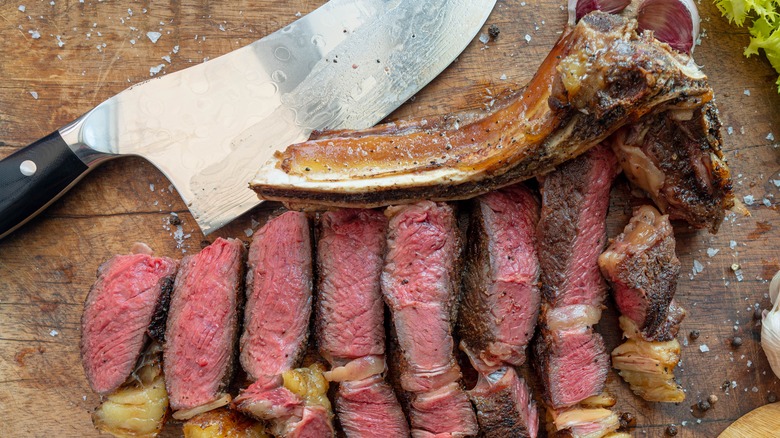The younger, the better, according to researchers. However, 38 is the average age when women take the step to have a doctor retrieve their eggs and freeze them for later use.
Females are usually born with about a million egg cells, called oocytes. Oocytes can become eggs which can be fertilized to make a baby. When puberty begins, a young woman may have around 300,000 egg cells. The numbers decline over the next several decades to zero at menopause.
Fertility experts say a woman in her 20s or early 30s has a good stock of viable eggs.
In this age group, harvesting eight to 15 eggs is usually sufficient to ensure a good chance of getting pregnant later in life.
Ideal Age for Freezing Eggs
In a 2015 study, researchers tried to determine whether there’s an “ideal” age for freezing eggs that will result in pregnancy later in life.
They found that 37-year-olds who freeze their eggs have the greatest probability of live birth from using their stored eggs seven years after harvest.
Women who froze their eggs before their 34th birthday had the highest birth rates overall.
However, younger women are less likely to have their eggs frozen because they have quite a bit of time to get pregnant without medical intervention.
Many women choose to freeze their eggs because, while their bodies are ready for pregnancy, it may not be the right time in their life.
There are many valid reasons a woman may feel it is wise to delay pregnancy. Some want to wait until they have a significant other, many need to put their education or career first for a few years, maybe wait until they are more financially stable, or they simply do not feel emotionally ready to become a mom.
A young woman facing a health crisis may decide to freeze some of her eggs to preserve fertility before beginning medical treatment. For example, cancer that requires radiation, chemotherapy, or both can negatively affect fertility.
Similarly, a necessary surgery might damage the ovaries. Women with autoimmune disorders may freeze their eggs early in life in case of premature ovarian failure at some point down the line.
Family History
Women with a family history of fertility challenges may be wise to harvest eggs while they’re still young. It’s a similar story if she has a genetic mutation that predisposes her to develop ovarian or breast cancer (like BRCA). In that case, eggs can be harvested and preserved before surgery to remove the ovaries.
Freezing the eggs of a 20 or early 30-something woman can reduce the risks of chromosomal problems for babies. In essence, she’s capturing her eggs when they’re at their prime for successful fertilization and freezing time until she’s ready to have them thawed and implanted.
Harvesting eggs earlier in life allows women to take advantage of good anti-Mullerian hormone (AMH) levels. AMH values indicate a woman’s ovarian reserve level, which naturally declines over time.
There are no guarantees that frozen eggs will result in pregnancy years down the road. But, the good news is that fertility specialists agree a younger egg means a better shot at pregnancy once a woman hits her 40s.



